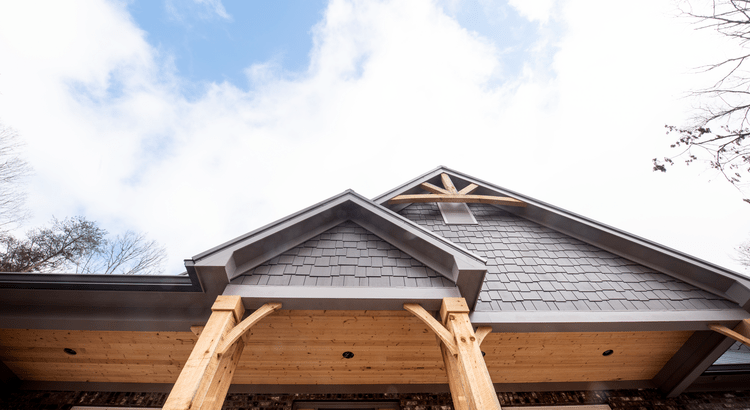
Are we in a housing bubble?…
Are you a visual person versus reading? Watch my YouTube video instead! Our Channel Watch on YouTube In 2021, we’ve seen incredible home price appreciation. According to the latest Home Price Index from CoreLogic, home values have skyrocketed by 18.1% compared to this time last year. Credit to Keepi

1031 Exchange: Definition, Types & Rules You Need to Know!
Are you a visual person versus reading? Watch my YouTube video instead! Our Channel Watch on YouTube What is a 1031 Exchange? A 1031 Exchange is a a strategy that allows an investor to defer paying capital gains taxes (taxes on the profits you made on selling your asset) when their property is sol

How Do I Buy a Foreclosure?.. What You Need to Know Before You Do!
Our Channel Watch on YouTube Foreclosures in Florida are considered judicial foreclosure. They are a legal course of action that the bank takes against the lendee or mortgagee via the court system. First, we’ll go through the process of buying a foreclosed home and then get right into an extensive F
Recent Posts









